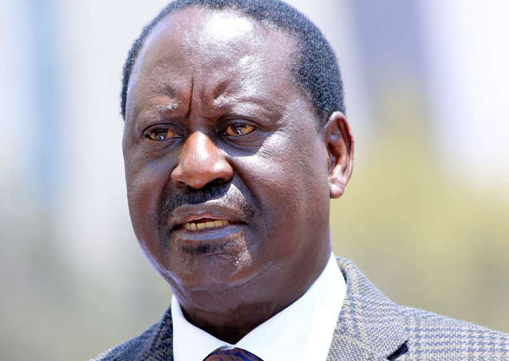
In 1992 when I was a relatively young lad of 28, I participated in my first General Election, having sat out Elections ‘84 and ‘88 in protest. Presented with a choice to register either in Mathioya, my constituency of birth, or anywhere in Nairobi, I opted to register in Langata constituency. That decision was motivated by only one consideration, I wanted to vote for Raila Odinga for MP.
Since my high school and university days, this gentleman had been identified with the clamour for reforms and had paid a heavy personal price. Every time some protestations against government were recorded, this gentleman would either be arraigned in court or sent to detention. I had followed the stories of Mama Ida’s persecution and the suffering of their children.